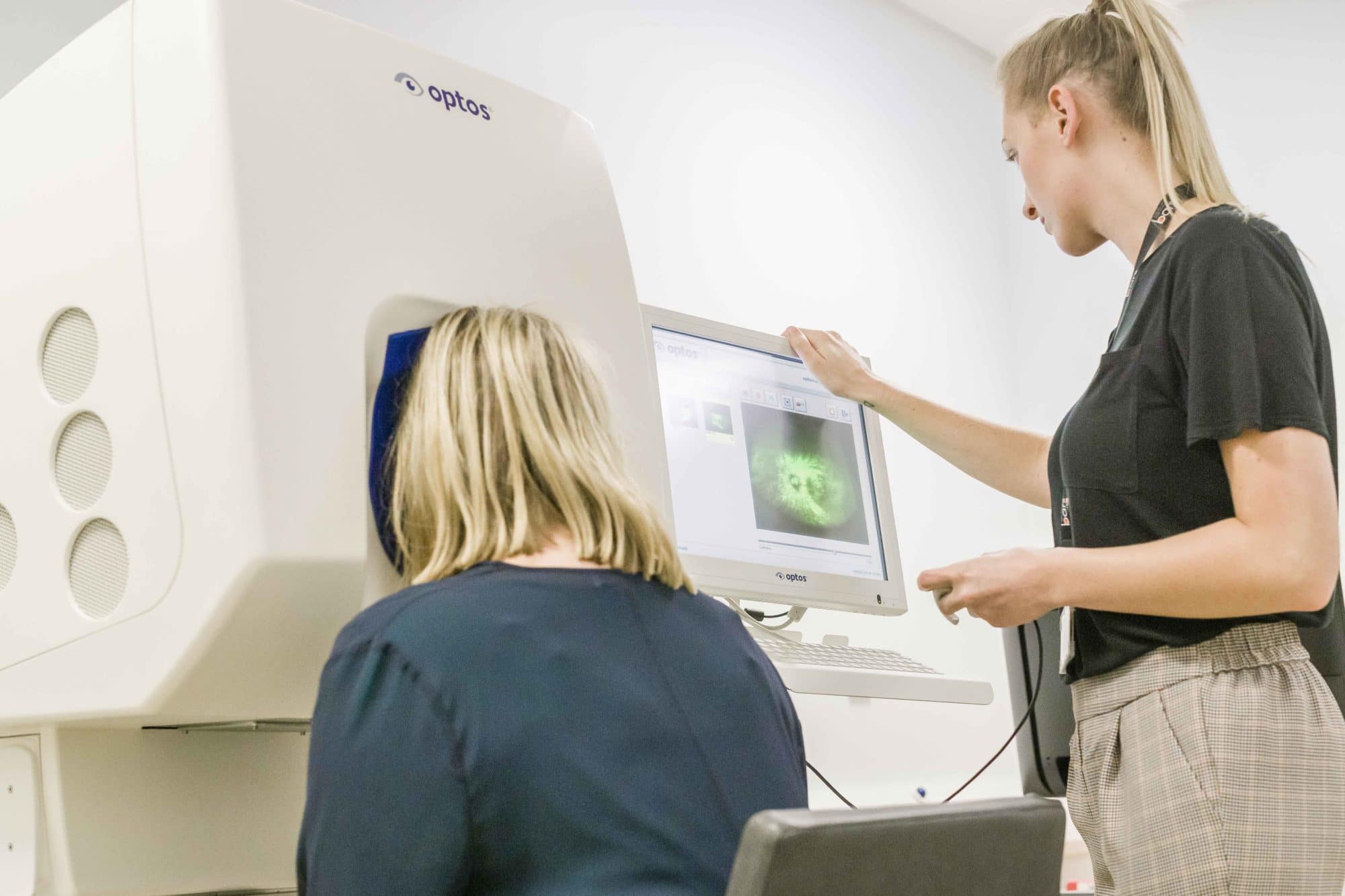Aavantgarde Bio Ush1B study at Moorfields
Aavantgarde Bio Ush1B study at Moorfields
Search results
Aavantgarde Bio Ush1B study at Moorfields
A research project funded by Retina UK helped pave the way to a new gene therapy that has recently produced encouraging results in two young people with achromatopsia, a condition that causes complete colour-blindness and poor overall vision from birth.
The latest research news piece from Retina UK.
This page explains the different types of genetic tests: diagnostic testing, predictive testing, carrier testing and research testing

UK researchers have discovered that passing a weak electrical current between electrodes on a person’s scalp may lead to a reduction in frequency of the visual hallucinations experienced by some people living with sight loss.
X-linked inheritance means that the faulty gene is located on the X chromosome, the larger of the two sex chromosomes.
A recently published study has described numerous disease mechanisms that appear to be common across different types of inherited sight loss, suggesting that there is significant potential for drug treatments that could work regardless of the underlying causative gene.
It was previously believed that female carriers of X-linked inherited retinal diseases (IRDs) like X-linked retinitis pigmentosa (RP and Choroideremia) remained unaffected by sight loss.
Beacon Therapeutics announced positive results from their phase 2 gene therapy trial for X-linked retinitis pigmentosa (XLRP) caused by mutations in the RPGR gene.